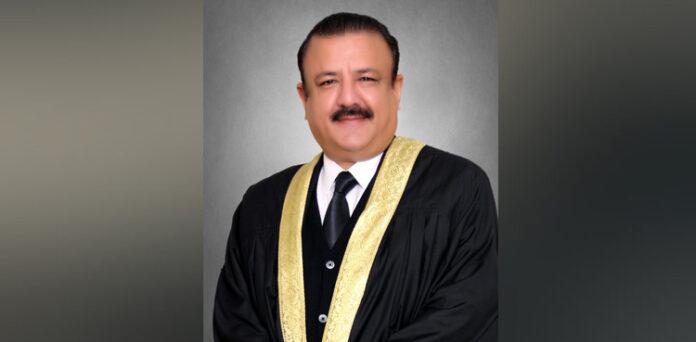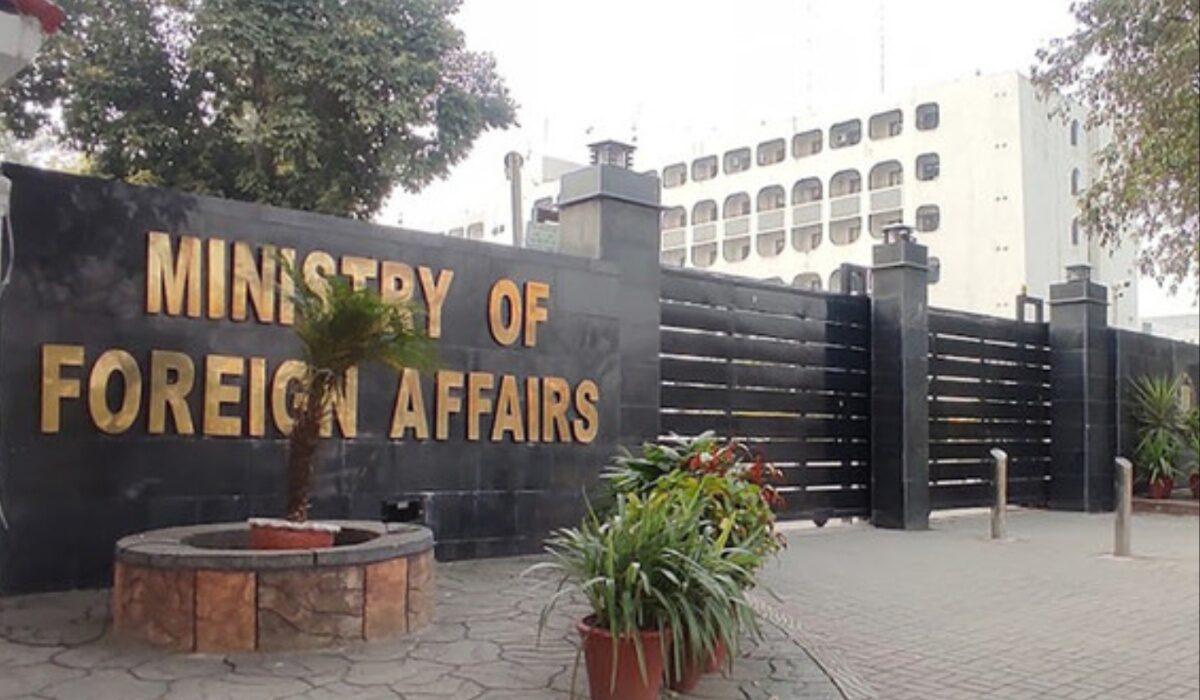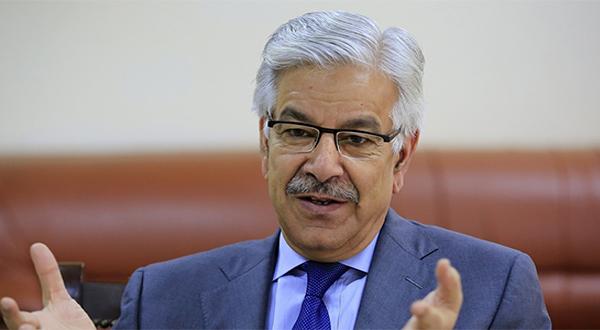A SC bench led by Chief Justice of Pakistan Qazi Faez Isa announced the verdict reserved earlier following day-long lengthy arguments on PTI's Bat symbol.


Islamabad: The Supreme Court of Pakistan on Saturday allowed the appeal of the Election Commission of Pakistan (ECP) challenging the verdict of the Peshawar High Court regarding the "BAT" symbol for Pakistan Tehreek-e-Insaf (PTI).
A SC three-member bench led by Chief Justice of Pakistan Qazi Faez Isa announced the verdict reserved earlier after day long arguments on involving the bat symbol for the PTI. Justice Muhammad Ali Mazhar and Justice Musarrat Hilali were the other members of the bench.
The top court ruled that they are not agree with this point that the ECP cannot adjudicate the intra party election of any party, holding that the ECP is a Constitutional body.
Barrister Ali Zafar, the lead counsel for PTI, contended that neither the Constitution nor the Election Act granted the Election Commission of Pakistan (ECP) the authority to assess intraparty polls.
Justice Muhammad Ali Mazhar, the other member of the bench, highlighted two key issues during the proceedings: first, whether the court, specifically the Peshawar High Court, had the jurisdiction to intervene in overturning the ECP's decision, and second, whether the ECP has the rightful authority to scrutinize intraparty elections.
On Saturday, CJP Isa emphasized the fundamental issue of democracy within political parties, observing that the democracy should prevail not only in the country but also within political entities.
The SC convened to address the ECP's challenge to the PHC's verdict, which overturned the ECP's decision to withdraw the PTI's "bat" symbol earlier in the week.
CJP Isa remarked that proving ill intentions on the part of the ECP is essential, leading Barrister Ali Zafar to withdraw the allegation of bias. The CJ sought evidence supporting accusations of ill intentions and ECP facing pressure from the establishment.
Barrister Ali Zafar contended that intraparty elections were conducted in accordance with the party constitution, asserting that depriving PTI of its party symbol violated Article 17.
The top judge reminded the PTI counsel that the ECP had issued notices to his client when they were in power. He clarified that the court wouldn't discuss the constitutional status of the Election Act as it hadn't been challenged.
Emphasizing the need to strengthen institutions, Chief Justice Isa reiterated that the court couldn't control constitutional bodies. Regarding the assertion that the ECP lacked the power to regulate intraparty polls, the chief justice pointed out that the Constitution also didn't explicitly mention the issuance of symbols to political parties by the electoral body.
As the PTI counsel insisted that the ECP didn't have the authority to review intraparty polls, Chief Justice Isa demanded clarity on who possessed such powers. The court highlighted the contradiction in the argument about the maximum penalty for intraparty elections.
Barrister Ali Zafar contended that the Election Act mandated the ECP to issue a certificate within seven days of intraparty polls. However, Justice Musarrat Hilali noted that the issuance of the document was contingent on holding elections as per the party constitution.
Justice Muhammad Ali Mazhar reminded the PTI counsel that the ECP acted only after complaints were filed, not suo motu. The judges questioned the transparency of PTI's polls and whether it was clear who could contest the elections.
Justice Hilali remarked on the absence of documents. The proceedings also touched on the candidacy process, raising concerns about fielding candidates through a panel.
In response, Chief Justice Isa questioned the democratic principles of restricting individuals from contesting polls for PTI offices independently.
Barrister Ali Zafar explained that while it should be allowed, the PTI constitution envisioned a panel for the process.
Arteta tells critics to back off struggling Gyökeres
- an hour ago
Pakistan qualify for semi-final of under 19 Asia Cup cricket
- 9 hours ago

A Kinect for kids is outselling Xbox to become the hot console this holiday
- 2 hours ago

My defense of a $40 cable paperweight – I’m sorry
- 2 hours ago
Sabalenka named WTA Player of the Year for second straight season
- 12 hours ago
Tagic Army Public School (APS) Peshawar incident completes 11 painful years
- 8 hours ago
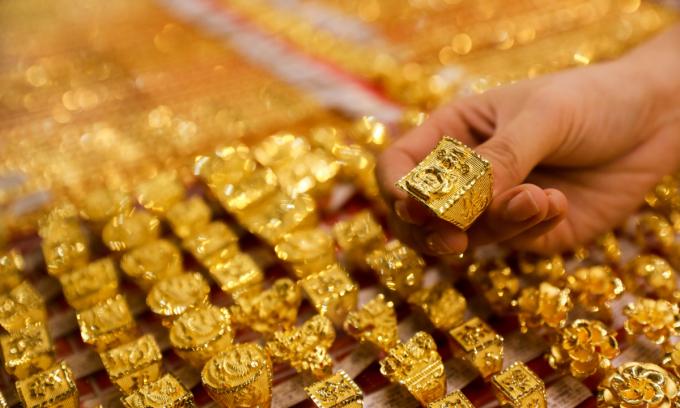
Gold prices dip per tola in Pakistan, global markets
- 12 hours ago
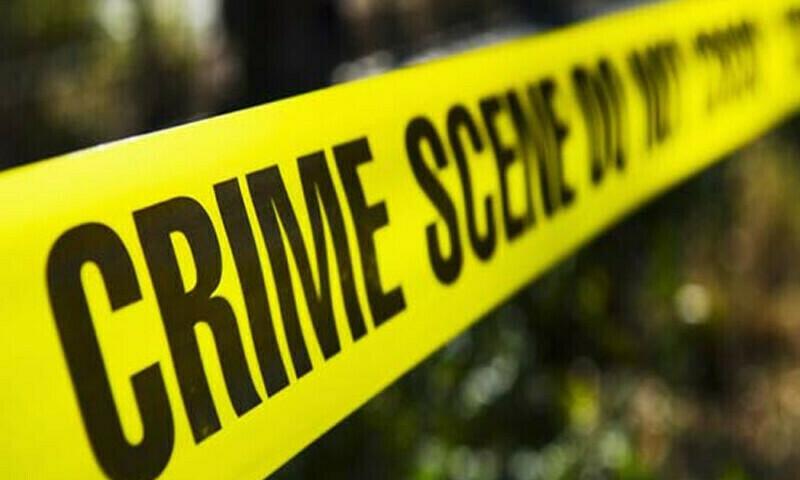
Assailants kill cop, brother in gun attack in KP’s Lakki Marwat
- 9 hours ago

Young Leaders Conference 2025 highlights social stewardship on day two
- 9 hours ago
Bollywood studio Bhansali Productions to sell future film music to Saregama India
- 12 hours ago
AI boom seen lifting chipmaking equipment sales 9pc to $126bn in 2026
- 9 hours ago

YouTube made its video player easier to navigate on TVs
- 2 hours ago

